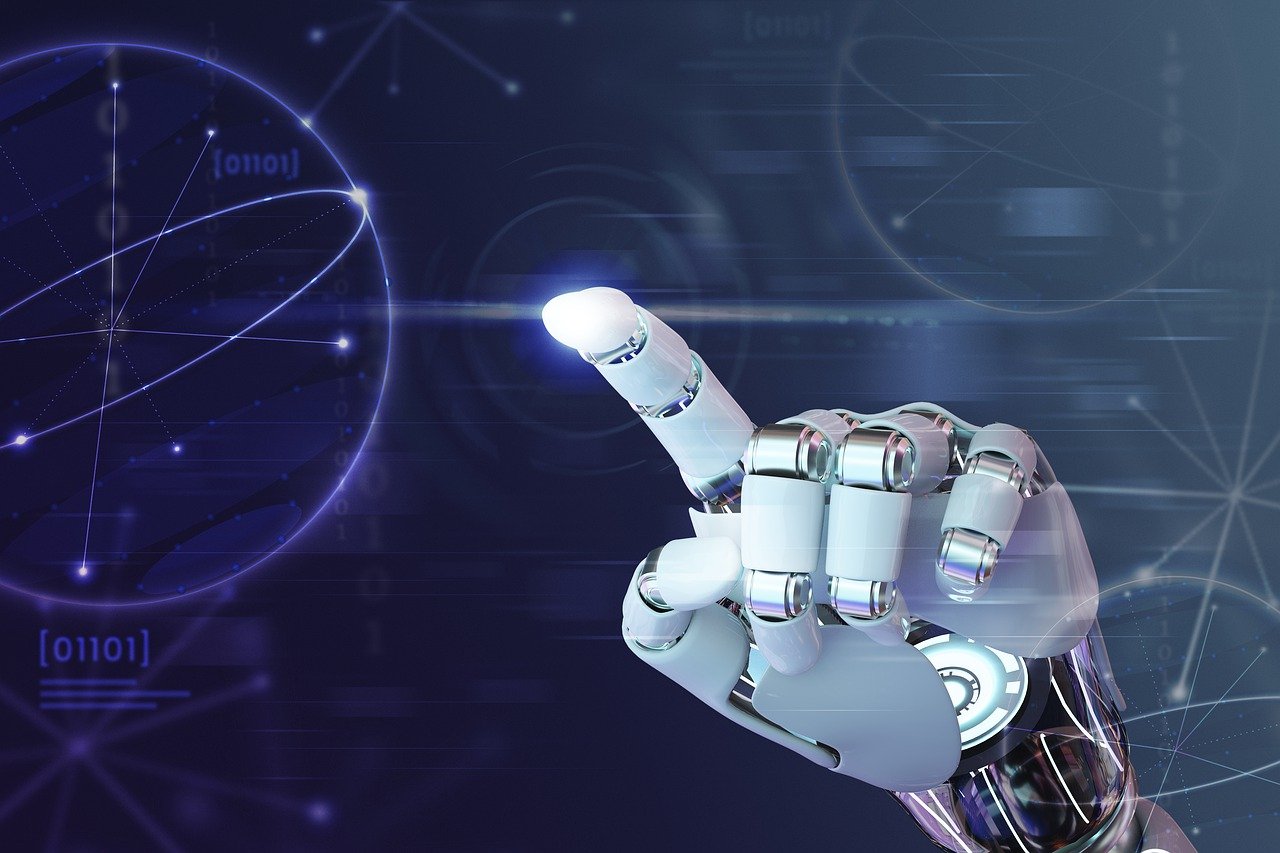AI in Cybersecurity: Separating Hype from Reality
From self-driving cars to smart assistants like Siri and Alexa, Artificial Intelligence is revolutionizing our daily lives. But when it comes to cybersecurity, the conversation around AI is often filled with a lot of buzzwords and hype. So, let’s take a step back, breathe, and separate the hype from the reality when it comes to AI in cybersecurity.
The Promise of AI in Cybersecurity
First, let’s talk about what AI can really do for cybersecurity. The promise is pretty enticing. Imagine an intelligent system that can analyze vast amounts of data in real time, identify threats faster than any human could, and even predict where the next attack might come from. Sounds like something straight out of a sci-fi movie, right?
Well, it’s not all fiction. AI can indeed process huge datasets, recognizing patterns and anomalies that might indicate a cyber threat. It can automate responses to common security events, freeing up human analysts to focus on more complex issues. For instance, AI-powered systems can detect phishing attempts or malware by recognizing patterns that might be invisible to the human eye.
Another exciting development is in predictive analytics. By analyzing historical data, AI can help predict potential vulnerabilities or attack vectors before they become actual problems. This proactive approach could be a game-changer in keeping businesses one step ahead of cybercriminals.
The Hype: What AI Can’t Do (Yet)
But here’s where the hype often overshadows reality. While Artificial Intelligence is a powerful tool, it’s not a magic wand that can solve all cybersecurity problems. The idea that AI can autonomously handle every aspect of cybersecurity is, well, a bit of an exaggeration.
First off, AI is only as good as the data it’s trained on. If the data is biased or incomplete, the AI’s decisions will be too. This means that AI systems can sometimes miss new or sophisticated threats that don’t fit the patterns they’ve been trained to recognize.
Moreover, AI isn’t infallible. Cybercriminals are also getting smarter, and some are even using AI to create more sophisticated attacks. This means that while AI can help defend against many threats, it’s not foolproof. For example, an AI system might mistakenly flag a legitimate activity as a threat (a false positive) or, worse, fail to recognize a real threat (a false negative). In cybersecurity, these errors can have serious consequences.
Then there’s the human element. AI can analyze data and even suggest actions, but it lacks the intuition and experience that human experts bring to the table. Cybersecurity is as much about understanding human behavior and motivations as it is about technology. This is where skilled cybersecurity professionals play a crucial role—they can interpret AI’s findings in context and make decisions that go beyond what an algorithm might suggest.
Striking the Right Balance
So, where does this leave us? AI is undeniably a powerful tool in the cybersecurity arsenal, but it’s not a silver bullet. The key is to strike the right balance between automation and human expertise.
Businesses should look at AI as a way to augment their cybersecurity efforts, not replace them. By automating routine tasks and analyzing large datasets, AI can help human analysts be more efficient and effective. However, it’s crucial to have skilled professionals who can oversee AI systems, validate their findings, and make the critical decisions that require human judgment.
It’s also important to stay realistic about what AI can and can’t do. While it can certainly help in identifying and responding to threats faster, it’s not a cure-all. Ongoing investment in cybersecurity training, threat intelligence, and other traditional defenses is still essential.
The Future of AI in Cybersecurity
Looking ahead, the role of AI in cybersecurity will likely continue to grow. As AI technology advances, we can expect it to become more accurate and capable. However, it’s vital for businesses to stay informed and avoid falling into the trap of believing that AI alone can solve all their cybersecurity challenges.
In short, AI in cybersecurity is full of potential, but it’s important to cut through the hype and focus on what’s real. By doing so, businesses can better protect themselves against the ever-evolving landscape of cyber threats.
Remember, the best defense is a combination of smart technology and even smarter people working together.

Solutions
Our solutions
Cyber Detection
Cyber Security Rating
Resources
Articles
FAQ
Glossary
Company
About us
Our offices
MSSP Partners
Insurance partners
2022 © Menaya inc.
Company
About us
Our offices
Resources
Articles
FAQ
Glossary
Partners
Become a partner
MSSP Partners
Insurance partners
2022 © Menaya inc.
2022 © Menaya inc.